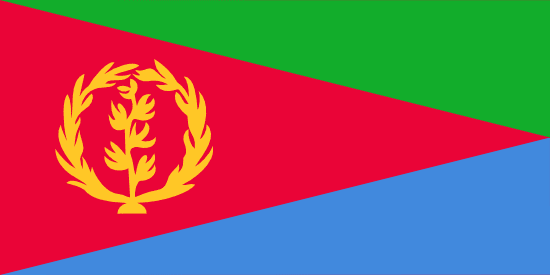"Netsela Asmara | Victory to Asmara"
About:
Asmara, the capital of Eritrea, was founded in the 12th century AD. It flourished under Italian colonial rule (1889-1941), becoming a showcase of modernist architecture. After World War II, it fell under British administration until Eritrea's federation with Ethiopia in 1952. Asmara was a focal point during the Eritrean War for Independence (1961-1991). Since Eritrea's independence in 1993, Asmara has experienced economic challenges but remains renowned for its well-preserved colonial Italian modernist architecture.
When to visit:
Asmara, the capital city of Eritrea, is a destination that can be visited year-round due to its mild climate. However, the best time to visit Asmara for a holiday is during the dry season, which typically runs from November to March. During this time, visitors can enjoy pleasant temperatures and clear skies, ideal for exploring the city's unique architecture, vibrant markets, and rich cultural heritage. It is advisable to avoid the rainy season from June to September, as heavy rainfall can disrupt travel plans and limit outdoor activities.
When to avoid:
The worst time to travel to Asmara, Eritrea, on a holiday is during the rainy season, which typically occurs from June to September. During this period, heavy rainfall can disrupt travel plans, causing potential delays and difficulties in exploring the city. Additionally, the wet weather may limit outdoor activities and sightseeing opportunities. Travelers are advised to plan their trip during the dry season, from October to May, to enjoy better weather conditions and a more pleasant travel experience in Asmara.
"Winter Season (Dec-Feb)"
The coldest and wettest portion of the year in Asmara, Eritrea, is from June to September. Average temperatures range from 16-20°C (60-68°F), with July being the coolest month. This period, known as Kiremt, experiences the most rainfall, with August being the wettest month averaging 130mm. Sunlight is moderate, with 5-6 hours of sunshine daily. Cloud cover is prevalent, often resulting in overcast skies. For a visitor, an average day might include a light drizzle, cool breezes, and a need for light layers or a raincoat.
Warm Spring (March-May)
Warm Spring (March-May)
Language:
In Asmara, the capital city of Eritrea, the most commonly spoken languages are Tigrinya and Arabic. Tigrinya is the most widely used language in the city, while Arabic is also prevalent due to the city's large Muslim population. Additionally, English and Italian are spoken among certain communities, owing to the country's colonial history and international relations.




